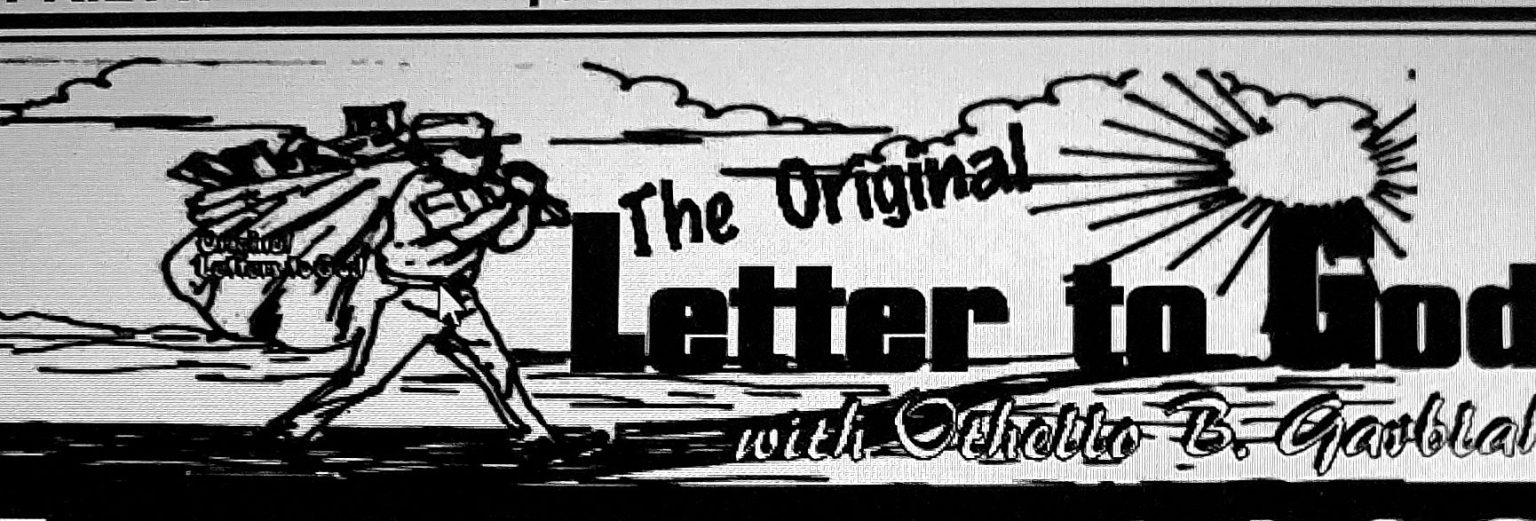The stagnation of a village is attributed to its inhabitants’ preoccupation with trivial matters, particularly taking credit for projects initiated by others. Instead of focusing on progress and development, villagers spend their time arguing over who deserves recognition for securing external funding. This obsession with credit-seeking, rather than actual contributions to the project, reveals a misplaced sense of priority and a lack of genuine concern for the village’s well-being. The villagers seem more interested in personal accolades than in the tangible benefits the project could bring.
This behavior is further exemplified by the villagers’ tendency to engage in lengthy, unproductive discussions and online debates. They prioritize these time-consuming activities over addressing the real issues facing their community. The focus on trivial arguments and disputes diverts attention and resources from more pressing matters, hindering the village’s progress and perpetuating its state of decay. The villagers’ inaction and preoccupation with insignificant issues create a cycle of stagnation and prevent meaningful development.
The author criticizes the village leaders for their shameless pursuit of credit for a project they did not fund or initiate. This behavior demonstrates a lack of integrity and a distorted sense of leadership. True leaders should focus on serving their community and facilitating progress, not seeking personal recognition for the work of others. The leaders’ eagerness to claim credit for external funding highlights their misplaced priorities and their failure to prioritize the village’s needs.
The author expresses frustration over the village’s reliance on external aid, despite possessing valuable natural resources. Instead of utilizing these resources to improve their own situation, the villagers seek external assistance, then squabble over who deserves credit for securing it. This dependence on external help reinforces a culture of begging and undermines the villagers’ self-reliance and initiative. It also prevents them from developing their own resources and achieving sustainable development.
The author draws a connection between the villagers’ behavior and the prevalence of drug abuse among the youth. Witnessing the leaders’ obsession with taking credit for begging sets a poor example and creates a sense of hopelessness among the younger generation. This distorted value system, where begging is perceived as an accomplishment, contributes to a decline in morals and a lack of ambition. It perpetuates a cycle of poverty and dependence, leaving the youth vulnerable to destructive behaviors like drug abuse.
The author concludes by questioning the mental state of the village leaders. Their relentless pursuit of credit for begging suggests a disconnect from reality and a lack of sound judgment. The author calls for a drug test for all the leaders, implying that their behavior is so irrational and absurd that it could only be explained by substance abuse. This sarcastic remark highlights the absurdity of the situation and the desperate need for change in the village’s leadership and values.














